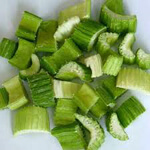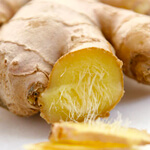
Celery has long been associated with good health. The stalks of this aromatic plant, which is believed to have originated from the Mediterranean basin, has been used worldwide to treat countless medical issues ranging from mild constipation to serious inflammatory diseases. Today, over one billion pounds of celery are produced annually in the United States alone, with Michigan, Florida, and California accounting for 80 percent of all celery production. Despite its popularity, many people assume…









